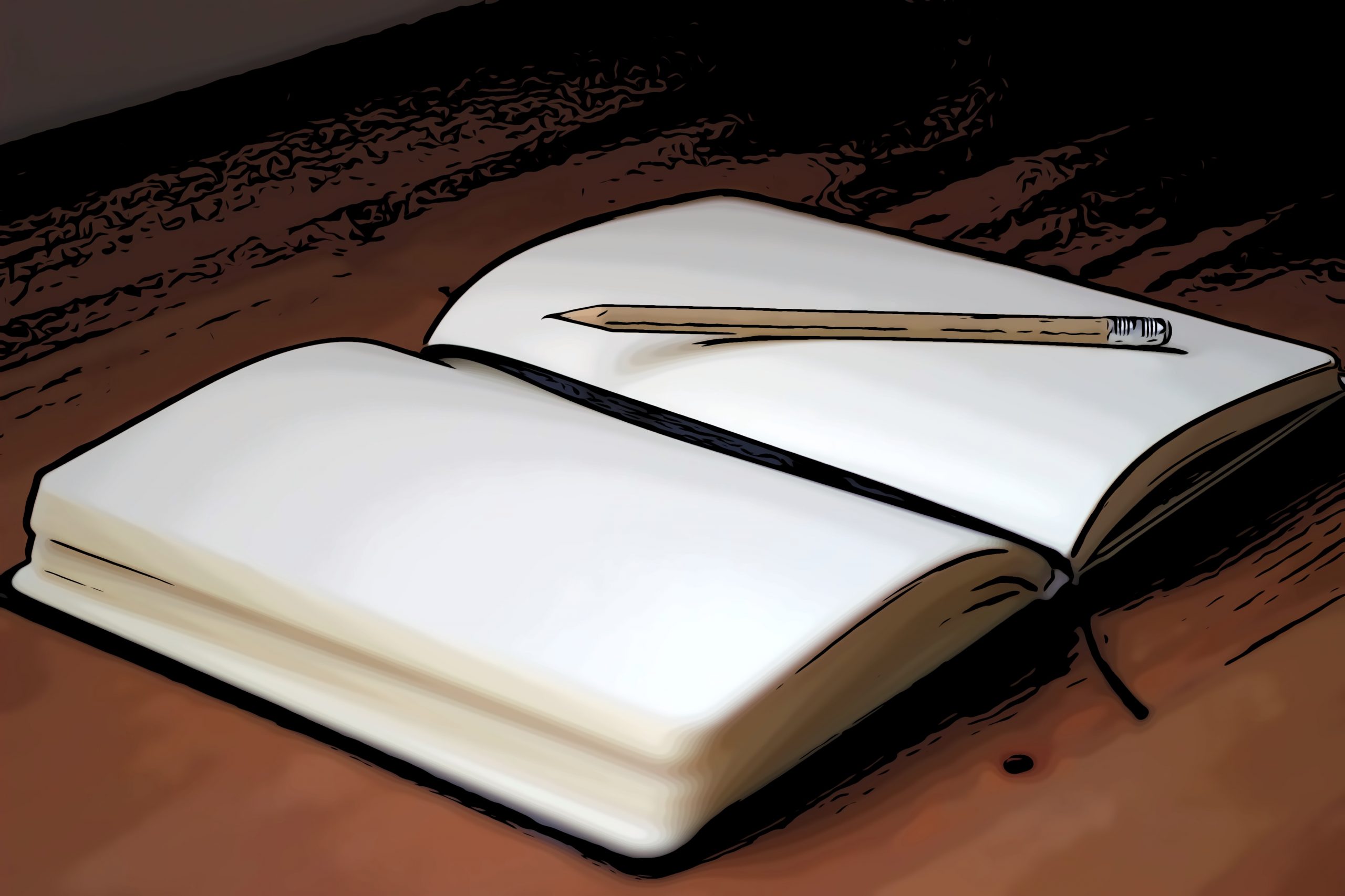This week, I began toying with a new, experimental morning journaling practice — just to see where it takes me, and what I might like about it.
A New Journaling Practice to Try
The steps are simple:
1) Open up my Readwise Daily Highlight feed. Every morning, Readwise randomly sends me five highlights drawn from the more than 350 books I’ve read and annotated on my Kindle.
2) Write a few lines about each highlight. Readwise syncs all my Kindle highlights to my Obsidian vault. One by one, I block embed a highlight from the Daily Feed into my Daily Note, then write a few lines about that highlight beneath it, adding thematic tags.
3) Treat all five Daily Highlight statements as a single divinatory message. The highlights referenced by Readwise daily highlight feed are random … but for this step, I pretend that all these highlights, taken as a whole, have been selected by a wise friend who is using them to send me a message.
This is easier to see in practice than it is to explain, so here’s an example, based on today’s Daily Highlights feed items:
- from Discovering the City of Sodom: “Smoke from such a calamity may have been visible at distances much greater than from Hebron (about forty-five miles to the southwest).”
- from Buddhist Boot Camp: “A healthy relationship is an agreement between two people to support one another in their spiritual practice.”
- from How to Write a Novel using the Snowflake Method: “The first person you have to market to is yourself. You have to be excited about your story. Which means you have to know what your story is. This is huge progress.”
- from Personality Types: “Nines typically ‘solve’ the problem of having aggressions by ignoring them out of existence.”
- from The Art of Gathering: “In countries descending into authoritarianism, one of the first things to go is the right to assemble.”
That’s a broad range of commentary drawn from five very different books. But with a little effort and imagination, I can convert these passages into divinatory images:
- The destruction of Sodom as a symbol for how society sees gay people
- Two people offering each other spiritual support
- Me, being excited about new opportunities
- A person avoiding a fight by ignoring a problem
- A fascist officer disrupting a group
Weaving these images together, I can come up with a divinatory message:
“How might gay people who are seeking spiritual support, instead of rushing toward new opportunities and avoiding fights, be better served by disrupting the groups they’re already in?”
4) Write a meditation on the divinatory message. Prompted by this message, I write a reflection.
Gleaning Insights
Today’s meditation looked back on the struggles Clyde and I are facing while dealing with a local church — one his family literally helped establish and build — that has declared itself to be a place where gay people are not welcome.
For now, we’ve moved on to a welcoming church in a nearby community. But this divinatory message encouraged me to picture how differently things might have played out had we chosen to stay and fight — by being present, by openly dissenting, by calling out prejudice, by being a “thorn” in the toxic minister’s side — instead of moving on.
I could have retained a position as a respected Sunday School and discussion leader, and leveraged that position to counter the messages of a toxic minister. I could have continued to sit in the choir loft, frowning and shaking my head at each fundamentalist and anti-gay sentiment the minister preaches. I could have used my presence to let anti-gay church leaders know that they don’t have the authority to bar the door of God’s kingdom to gay and lesbian people.
In the end, though, after immersing myself in that universe through this morning’s meditation, I could see how having made that choice would have left me feeling under siege, embittered, and exhausted. I would have a very hard time relaxing into a connection with the Divine while under spiritual and emotional assault from toxic church leadership. And had we not left one church for another, we wouldn’t have enjoyed the last six months of sweet fellowship, new friendships, and dynamic worship our new church has offered us.
After this morning’s writing, I’m more confident that ever that leaving a toxic spiritual environment behind was the right thing for us to do at this stage in our spiritual lives.
The Power of Random Input
When I got up this morning, I was thinking about a lot of things — a pending winter storm, an upcoming road trip, my frustrations with connecting with new friends in a small town, the season finale of The Expanse. Frankly, revisiting my choice to leave one church for another was the farthest thing from my mind.
But that’s the beauty of divination — using random input (Tarot cards, passages from the I Ching, random photos swiped from the Internet, or highlights from my Readwise Daily Feed) as a prompting mechanism. Because you don’t know what’s coming, you don’t know where the practice will take you.
And I feel doubly good about this particular practice because it:
- encourages me to revisit ideas that previously caught my attention
- extracts more value from the Readwise subscription I already pay for
- provides a unique experience every day
- produces writing I can shape into useful output (like this post).
Make It Your Own
As with anything I share, I encourage you to take what works, and set the rest aside.
Consider, too, how you might modify my process to create something uniquely your own:
- Obsidian offers a Smart Random Note plug-in. If you don’t subscribe to Readwise, you could use this to open 3-5 random notes to react to.
- Use a single random prompt. Once you have the prompt, set a word count target or timer and write down whatever reactions come to mind until you reach the day’s journaling goal.
- Try the Random Structural Diary plug-in by Timur Sidoriuk, which I stumbled on while looking up the name of the Smart Random Note plug-in. Instead of loading it with journaling prompts, try loading it with evocative statements or short image descriptions … and see where the randomness takes you!
And, as always, please let me know how things are going for you. I love hearing from folks who find my work helpful, and I reply — even if it’s only briefly — to every message I receive. You can reach me on Twitter as @markmcelroy or via email at mark@markmcelroy.com.
Photo by Austin Chan on Unsplash







